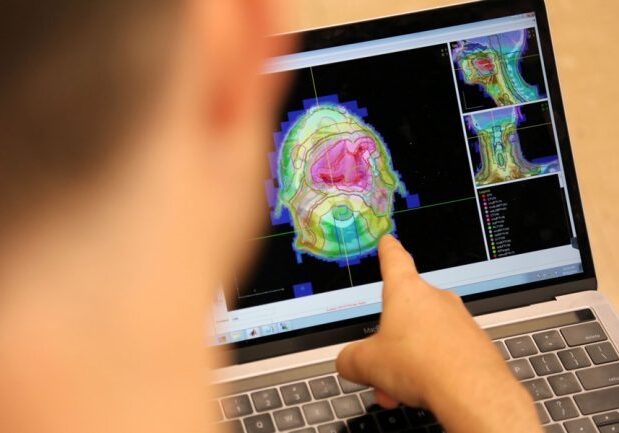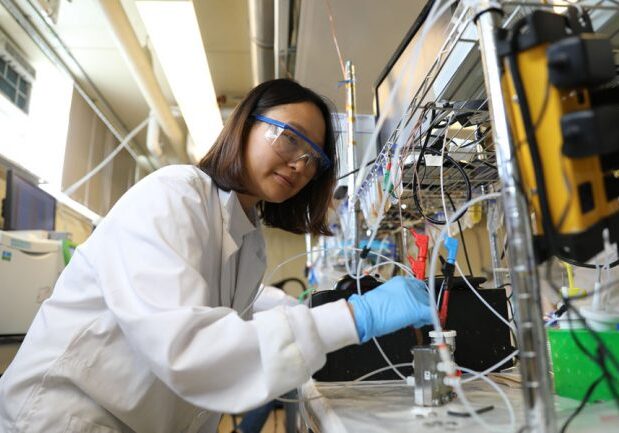
Out of thin air: New electrochemical process shortens the path to capturing and recycling CO2
Professor Ted Sargent (ECE) and his team offer a promising technique for converting atmospheric CO2 into commercially valuable products
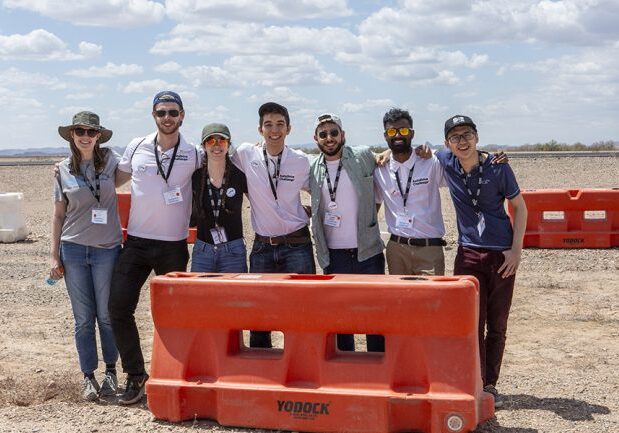
aUToronto to compete in Year 2 of AutoDrive Challenge
U of T Engineering team and their self-driving car are headed to Ann Arbor, Mich., to take on seven other teams in international competition
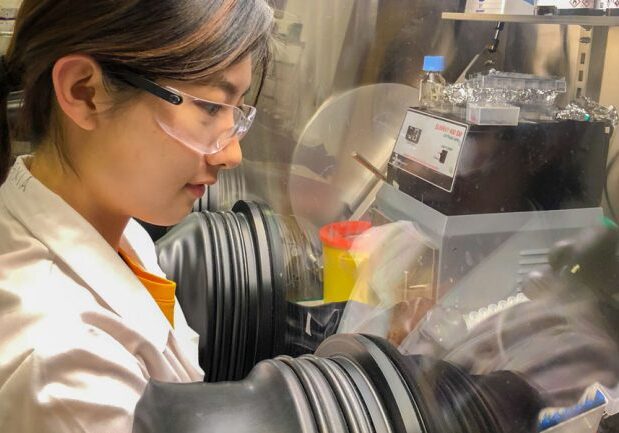
Quantum rebar: Quantum dots enhance stability of solar-harvesting perovskite crystals
U of T Engineering researchers demonstrate that perovskite crystals and quantum dots working together can increase stability of solar materials
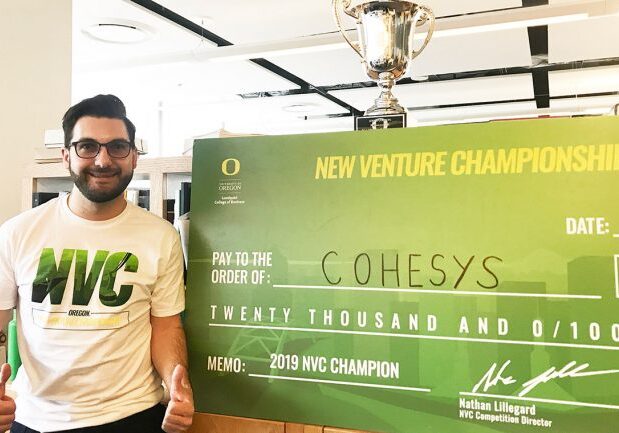
‘Bone tape’ startup by U of T Engineering alumnus takes home international prize
Cohesys, a startup that makes biodegradable ‘bone tape’ to help heal facial fractures, recently took home US$20,000 at an international competition

Six U of T Engineering projects earn support from Medicine by Design
The funding supports new research concepts that could be critical to regenerative medicine in the coming decades
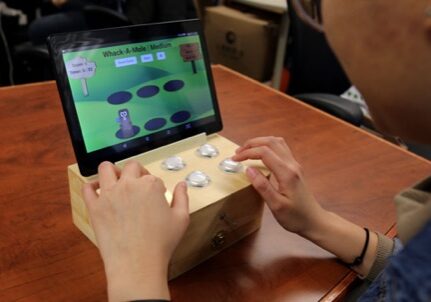
It’s all fun and brain games: Using simulations and games to improve health in older adults
U of T Engineering researchers develop driving simulators and games that monitor cognitive and physical health of older adults with dementia and other impairments
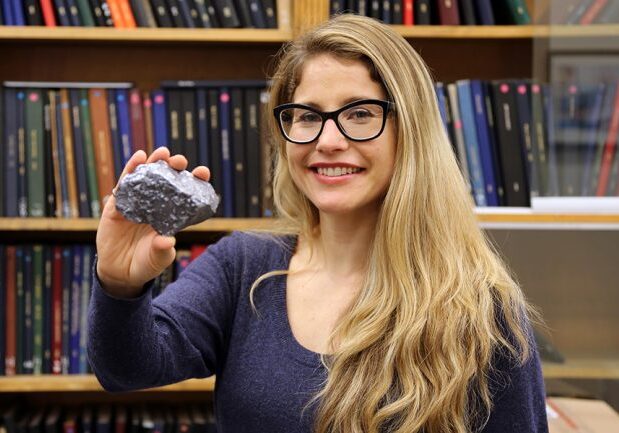
The search for a cleaner solution to crushing rocks
Professor Erin Bobicki named a finalist in national challenge to develop an energy-efficient solution for crushing and grinding rocks in the mining industry

